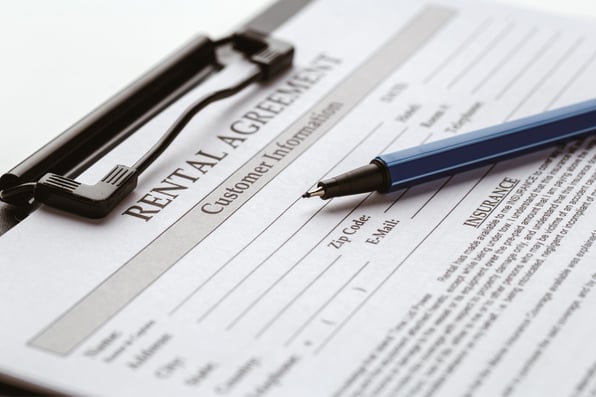
Osprey Property Management |  March 24, 2025
March 24, 2025
Subscribe Our Newsletter
Sign up here to get the latest news, updates and special offers delivered directly to your inbox.
Popular Articles
Tag
- Virginia Beach Property Management
- Osprey Property Management
- Professional Property Management
- Property Management
- Rental Management Companies
- Rental Property Maintenance
- Being A Landlord
- Eviction Process
- Norfolk Property Management
- Property Management Services
- Real Estate Investing
- Rent Collection
- Chesapeake Property Management
- Hampton Property Management
- Hampton Roads Property Management
- Property Maintenance
- Property Management Company
- Real Estate Investors
- Tenant Screening
- Coastal Virginia Property Management
- Emergency Maintenance
- High-Quality Tenants
- Invest In Real Estate
- Investment Property Management
- Newport News Property Management Company
- Property Management Companies
- Property Manager
- Virginia Beach
- Virginia Beach Investment Property Management
- 30-Day Notice

